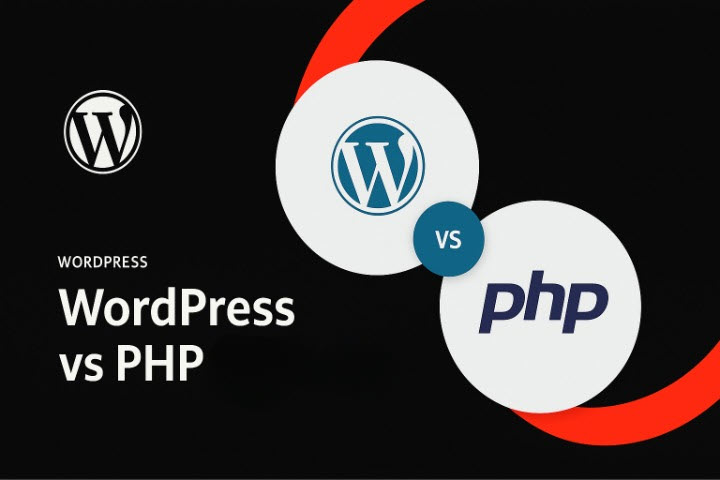
WordPress vs PHP Website: Which One Is Better in 2025?
Last updated: July 31, 2025 Read in fullscreen view
- 21 Dec 2023
 Top 12 Low-Code Platforms To Use in 2024 908
Top 12 Low-Code Platforms To Use in 2024 908 - 01 Oct 2020
 Fail fast, learn faster with Agile methodology 754
Fail fast, learn faster with Agile methodology 754 - 14 Oct 2021
 Advantages and Disadvantages of Time and Material Contract (T&M) 636
Advantages and Disadvantages of Time and Material Contract (T&M) 636 - 19 Oct 2021
 Software development life cycles 598
Software development life cycles 598 - 18 Oct 2020
 How to use the "Knowns" and "Unknowns" technique to manage assumptions 597
How to use the "Knowns" and "Unknowns" technique to manage assumptions 597 - 19 Oct 2021
 Is gold plating good or bad in project management? 578
Is gold plating good or bad in project management? 578 - 01 May 2023
 Understanding Business as Usual (BAU) and How to Transition 555
Understanding Business as Usual (BAU) and How to Transition 555 - 08 Oct 2022
 KPI - The New Leadership 485
KPI - The New Leadership 485 - 28 Jul 2022
 POC, Prototypes, Pilots and MVP: What's the differences? 477
POC, Prototypes, Pilots and MVP: What's the differences? 477 - 10 Aug 2024
 Odoo vs. Lark: A Comprehensive Comparison 445
Odoo vs. Lark: A Comprehensive Comparison 445 - 18 Jul 2021
 How To Ramp Up An Offshore Software Development Team Quickly 417
How To Ramp Up An Offshore Software Development Team Quickly 417 - 12 Oct 2022
 14 Common Reasons Software Projects Fail (And How To Avoid Them) 396
14 Common Reasons Software Projects Fail (And How To Avoid Them) 396 - 21 Sep 2023
 Abraham Wald and the Missing Bullet Holes 386
Abraham Wald and the Missing Bullet Holes 386 - 14 Aug 2024
 From Steel to Software: The Reluctant Evolution of Japan's Tech Corporates 357
From Steel to Software: The Reluctant Evolution of Japan's Tech Corporates 357 - 23 Sep 2021
 INFOGRAPHIC: Top 9 Software Outsourcing Mistakes 324
INFOGRAPHIC: Top 9 Software Outsourcing Mistakes 324 - 13 Oct 2021
 Outsourcing Software Development: MVP, Proof of Concept (POC) and Prototyping. Which is better? 317
Outsourcing Software Development: MVP, Proof of Concept (POC) and Prototyping. Which is better? 317 - 28 Oct 2022
 Build Operate Transfer (B.O.T) Model in Software Outsourcing 311
Build Operate Transfer (B.O.T) Model in Software Outsourcing 311 - 16 Sep 2022
 Examples Of Augmented Intelligence In Today’s Workplaces Shaping the Business as Usual 296
Examples Of Augmented Intelligence In Today’s Workplaces Shaping the Business as Usual 296 - 11 Jan 2024
 What are the Benefits and Limitations of Augmented Intelligence? 295
What are the Benefits and Limitations of Augmented Intelligence? 295 - 12 Dec 2021
 Zero Sum Games Agile vs. Waterfall Project Management Methods 291
Zero Sum Games Agile vs. Waterfall Project Management Methods 291 - 10 Dec 2023
 Pain points of User Acceptance Testing (UAT) 290
Pain points of User Acceptance Testing (UAT) 290 - 05 Mar 2021
 How do you minimize risks when you outsource software development? 290
How do you minimize risks when you outsource software development? 290 - 28 Dec 2021
 8 types of pricing models in software development outsourcing 286
8 types of pricing models in software development outsourcing 286 - 26 Sep 2024
 Successful Project Management Techniques You Need to Look Out For 271
Successful Project Management Techniques You Need to Look Out For 271 - 19 Apr 2021
 7 Most Common Time-Wasters For Software Development 265
7 Most Common Time-Wasters For Software Development 265 - 11 Oct 2022
 Why choose Billable Viable Product (BVP) over Minimum Viable Product (MVP) 258
Why choose Billable Viable Product (BVP) over Minimum Viable Product (MVP) 258 - 13 Dec 2020
 Move fast, fail fast, fail-safe 253
Move fast, fail fast, fail-safe 253 - 31 Oct 2021
 Tips to Fail Fast With Outsourcing 252
Tips to Fail Fast With Outsourcing 252 - 05 Oct 2021
 Shiny Object Syndrome: Why Your Business Isn't "Going Digital" 250
Shiny Object Syndrome: Why Your Business Isn't "Going Digital" 250 - 06 Feb 2021
 Why fail fast and learn fast? 232
Why fail fast and learn fast? 232 - 27 Jul 2024
 Positive Psychology in the Digital Age: Future Directions and Technologies 228
Positive Psychology in the Digital Age: Future Directions and Technologies 228 - 05 Aug 2024
 Revisiting the Mistake That Halted Japan's Software Surge 218
Revisiting the Mistake That Halted Japan's Software Surge 218 - 04 Oct 2021
 Product Validation: The Key to Developing the Best Product Possible 218
Product Validation: The Key to Developing the Best Product Possible 218 - 04 Oct 2022
 Which ERP implementation strategy is right for your business? 202
Which ERP implementation strategy is right for your business? 202 - 18 Aug 2022
 What are the consequences of poor requirements with software development projects? 201
What are the consequences of poor requirements with software development projects? 201 - 06 Nov 2019
 How to Access Software Project Size? 200
How to Access Software Project Size? 200 - 31 Dec 2022
 The New Normal for Software Development 192
The New Normal for Software Development 192 - 31 Aug 2022
 What are the best practices for software contract negotiations? 186
What are the best practices for software contract negotiations? 186 - 10 Nov 2022
 Poor Code Indicators and How to Improve Your Code? 177
Poor Code Indicators and How to Improve Your Code? 177 - 16 Aug 2022
 What is a Headless CMS? 175
What is a Headless CMS? 175 - 19 Dec 2023
 How AI is Transforming Software Development? 169
How AI is Transforming Software Development? 169 - 26 Dec 2023
 Improving Meeting Effectiveness Through the Six Thinking Hats 158
Improving Meeting Effectiveness Through the Six Thinking Hats 158 - 17 Sep 2024
 JPGConverters.com Review: Fast, Reliable, & User-Friendly Image Conversion 154
JPGConverters.com Review: Fast, Reliable, & User-Friendly Image Conversion 154 - 17 Feb 2022
 Prioritizing Software Requirements with Kano Analysis 153
Prioritizing Software Requirements with Kano Analysis 153 - 03 May 2024
 The Iceberg of Ignorance 150
The Iceberg of Ignorance 150 - 01 Mar 2023
 Bug Prioritization - What are the 5 levels of priority? 148
Bug Prioritization - What are the 5 levels of priority? 148 - 02 Dec 2024
 The Intersection of AI and Business Analytics: Key Concepts to Master in Your Business Analytics Course 146
The Intersection of AI and Business Analytics: Key Concepts to Master in Your Business Analytics Course 146 - 10 Sep 2024
 AI in Email Marketing: Personalization and Automation 133
AI in Email Marketing: Personalization and Automation 133 - 12 Sep 2024
 Be Water, My Friend: Fluidity, Flow & Going With the Flow 132
Be Water, My Friend: Fluidity, Flow & Going With the Flow 132 - 05 Sep 2023
 The Cold Start Problem: How to Start and Scale Network Effects 128
The Cold Start Problem: How to Start and Scale Network Effects 128 - 18 Jan 2024
 Self-healing code is the future of software development 126
Self-healing code is the future of software development 126 - 03 Nov 2023
 Why Is Billable Viable Product An Alternative To Minimum Viable Product? 126
Why Is Billable Viable Product An Alternative To Minimum Viable Product? 126 - 01 Dec 2023
 Laws of Project Management 124
Laws of Project Management 124 - 01 May 2024
 Warren Buffett’s Golden Rule for Digital Transformation: Avoiding Tech Overload 123
Warren Buffett’s Golden Rule for Digital Transformation: Avoiding Tech Overload 123 - 02 Sep 2024
 Toolzoon Review: Features, Benefits, and Essential Tools for Enhanced Productivity 122
Toolzoon Review: Features, Benefits, and Essential Tools for Enhanced Productivity 122 - 27 Feb 2025
 How AI Agents are Changing Software Development? 118
How AI Agents are Changing Software Development? 118 - 09 Sep 2024
 How AI Rewriting Can Improve Your Content’s SEO Performance 117
How AI Rewriting Can Improve Your Content’s SEO Performance 117 - 18 Jul 2024
 The 8 Best ways to Innovate your SAAS Business Model in 2024 117
The 8 Best ways to Innovate your SAAS Business Model in 2024 117 - 31 Dec 2023
 Software Development Outsourcing Trends to Watch Out for in 2024 110
Software Development Outsourcing Trends to Watch Out for in 2024 110 - 05 Jan 2024
 Easy ASANA tips & tricks for you and your team 105
Easy ASANA tips & tricks for you and your team 105 - 31 Dec 2022
 Future of Software Development Trends and Predictions for 2023 103
Future of Software Development Trends and Predictions for 2023 103 - 25 Sep 2024
 Enhancing Decision-Making Skills with an MBA: Data-Driven Approaches for Business Growth 103
Enhancing Decision-Making Skills with an MBA: Data-Driven Approaches for Business Growth 103 - 06 Mar 2024
 [SemRush] What Are LSI Keywords & Why They Don‘t Matter 102
[SemRush] What Are LSI Keywords & Why They Don‘t Matter 102 - 30 Jul 2024
 The Future of IT Consulting: Trends and Opportunities 97
The Future of IT Consulting: Trends and Opportunities 97 - 03 Jan 2024
 Why Partnership is important for Growth? 96
Why Partnership is important for Growth? 96 - 22 Nov 2024
 The Role of AI in Enhancing Business Efficiency and Decision-Making 92
The Role of AI in Enhancing Business Efficiency and Decision-Making 92 - 18 Aug 2024
 The Future of Web Development: Emerging Trends and Technologies Every Developer Should Know 86
The Future of Web Development: Emerging Trends and Technologies Every Developer Should Know 86 - 12 Mar 2024
 How do you create FOMO in software prospects? 79
How do you create FOMO in software prospects? 79 - 09 Oct 2024
 Short-Form Video Advertising: The Secret to Captivating Your Audience 73
Short-Form Video Advertising: The Secret to Captivating Your Audience 73 - 10 Sep 2024
 Leading Remote Teams in Hybrid Work Environments 71
Leading Remote Teams in Hybrid Work Environments 71 - 17 Mar 2025
 Integrating Salesforce with Yardi: A Guide to Achieving Success in Real Estate Business 70
Integrating Salesforce with Yardi: A Guide to Achieving Success in Real Estate Business 70 - 14 Mar 2024
 Why should you opt for software localization from a professional agency? 64
Why should you opt for software localization from a professional agency? 64 - 12 Aug 2024
 Understanding Google Analytics in Mumbai: A Beginner's Guide 53
Understanding Google Analytics in Mumbai: A Beginner's Guide 53 - 21 Oct 2024
 Simplify Your Workflow with an AI Summary Generator 53
Simplify Your Workflow with an AI Summary Generator 53 - 25 Jan 2025
 The Decline of Traditional SaaS and the Rise of AI-first Applications 38
The Decline of Traditional SaaS and the Rise of AI-first Applications 38 - 23 Jun 2025
 AI Avatars in the Metaverse: How Digital Beings Are Redefining Identity and Social Interaction 36
AI Avatars in the Metaverse: How Digital Beings Are Redefining Identity and Social Interaction 36 - 20 Feb 2025
 How Machine Learning is Shaping the Future of Digital Advertising 30
How Machine Learning is Shaping the Future of Digital Advertising 30
Website development is an important part of creating a strong online presence. Professional developers usually choose between two main methods to build websites: PHP and WordPress. Most use one of these tools depending on the type of project they are working on.
For any website development company, the choice between PHP and WordPress often depends on the project's needs and technical preferences. Each platform offers different features and advantages, and the decision also depends on the developer's skills and approach.
In this article, we’ll explore WordPress vs. PHP websites and find out which one is the better option in 2025.
Difference Between WordPress and PHP Websites
|
WordPress |
PHP |
|---|---|
|
It is an open-source platform.
|
The unit testing performs very well. |
|
In WordPress, there is a large community of independent developers. There is no need to write external codes. |
Limited Availability of Themes. Sometimes speed and performance are low on the website. |
|
Updating takes a long process in the WordPress Version |
Coders have to develop the skills of PHP Framework |
|
Various tools are available like Theme Directory and Widgets. |
PHP works with databases very smoothly |
WordPress vs PHP [The Common Differences]
Personalized Design (UI)
- WordPress: With innumerable pre-built themes available for both free and premium use, it's like entering a theme park. Use the page builders or built-in features to customize to your heart's delight. But take caution—you might need to hire a developer or do some custom coding to get a truly distinctive design.
- PHP: Allows you to have total design control, enabling you to make a unique user interface (UI) that fits the requirements of your project. Although it may take more effort and time, the result will be a unique website.
Development Ease
- WordPress: Well-known for being intuitive, WordPress is like a big hug for people who aren't programmers. You don't need to know any coding to develop a working website thanks to drag-and-drop builders and plugins. Additionally, there is a wealth of documentation and tutorials available in the WordPress community.
- PHP: Building a website from the ground up with PHP is similar to a do-it-yourself project; it takes time and coding expertise. Greater control over the operation of your website is the trade-off, though, and PHP frameworks can make the process easier.
Development Costs
- WordPress: Because of its wealth of resources, pre-made themes, and plugins, it's usually more affordable. However, take caution: bespoke programming, plugins, and premium themes can get quite expensive. Pay attention to your budget because some premium themes and plugins could come with one-time or ongoing costs!
- PHP: Because it requires specialized developers and custom coding, it may be more expensive. But long-term expenses might be more controllable, and there wouldn't be any annoying ongoing costs for themes or plugins if there was a dedicated crew. Additionally, PHP-based systems can be customized to use fewer resources, which could result in cheaper hosting.
Safety
- WordPress: Because of its dependency on third-party plugins, WordPress is more susceptible to attacks. However, popularity can also have its drawbacks. But do not worry! Plugins for security and routine upgrades can help minimize threats. Your WordPress website's security can be increased by putting security best practices into practice, such as creating strong passwords and turning off file editing.
- PHP: Greater control over security measures and great power also comes with significant responsibility. Although developers need to be vigilant about using best practices, well-maintained custom-built PHP websites have the potential to be more secure than WordPress websites. For PHP-based projects, adhering to rules from groups such as OWASP can help guarantee a strong security posture.
Integrations of Software
- WordPress: Ability to seamlessly integrate with a wide range of third-party products and services via plugins; WordPress is comparable to a Swiss Army knife. It's simple to include well-known systems like Google Analytics, MailChimp, and WooCommerce into a WordPress website.
- PHP: This involves custom code and can be integrated with many software programs, but it's more like putting together IKEA furniture. It can take a while to implement properly, and you need experienced developers for it. Nonetheless, because of PHP's adaptability, custom integrations that perfectly suit the project's requirements can be made.
SEO Friendly
- WordPress: Having clean, well-organized code from the start, WordPress is naturally SEO-friendly. It provides a wide range of plugins for additional optimization, making it simple to raise a website's search engine visibility. For WordPress users, SEO wizards like Yoast SEO and Rank Math are plugins.
- PHP: Developers need to wear their SEO masks and manually apply best practices for websites built with PHP to be search engine friendly. Compared to using WordPress plugins, this calls for greater work and a deeper comprehension of SEO principles. However, with the right setup and optimization, PHP-based websites can produce fantastic SEO outcomes.
WordPress or PHP: Which is Better
Both of the methods are right in their place because both are known for the web development process. If you are working on small or medium-sized websites with limited materials, then you should choose WordPress because it is user-friendly and easily accessible but if you are working on large and complex websites then you should choose PHP for better functionality and better security.
Conclusion
In conclusion, each platform—PHP and WordPress—has advantages and disadvantages of its own. When selecting the ideal platform for your web development project, you must comprehend these variations. WordPress is a good option for projects with little budget and an emphasis on ease of development. But PHP is a superior choice if security, scalability, and bespoke functionality are your main concerns. Thus, give it some thought, weigh your options, and decide which platform best suits your web development project.

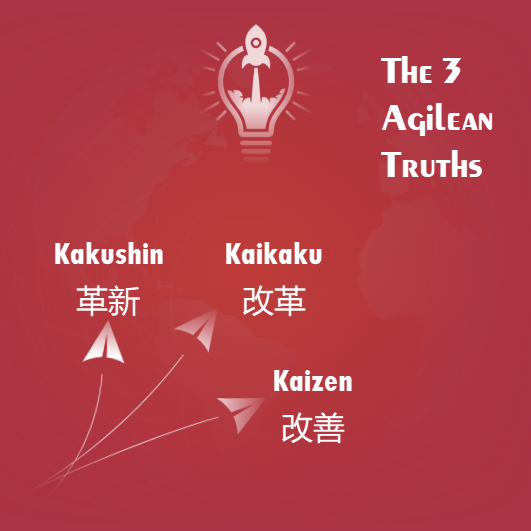





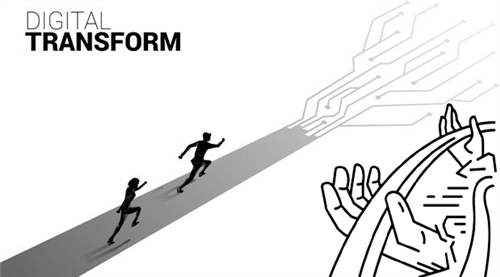


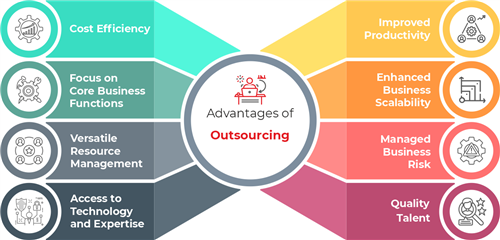





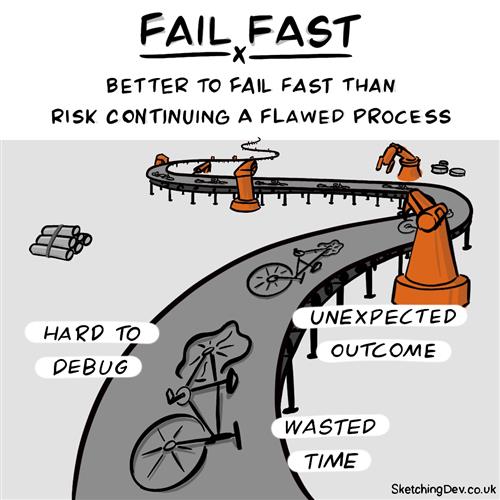
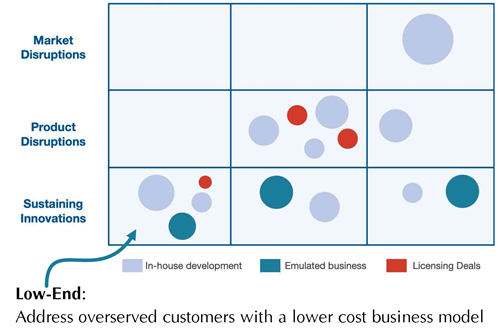
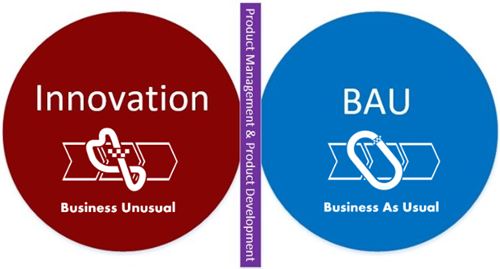
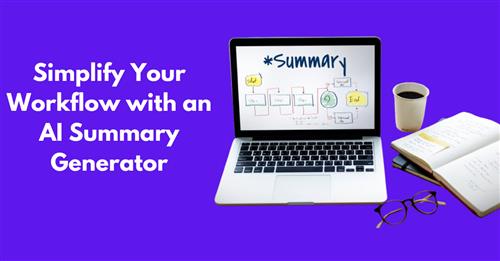
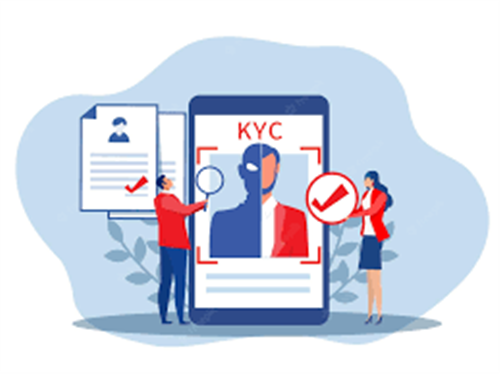
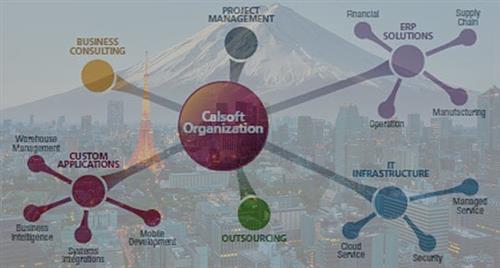
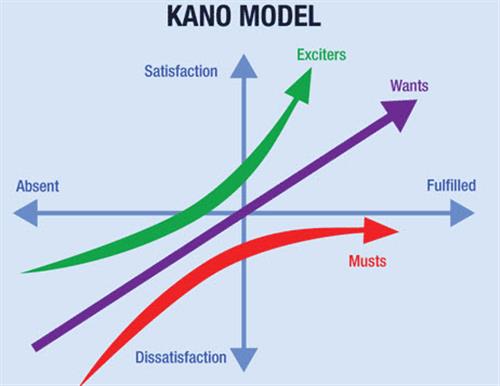












 Recently Updated News
Recently Updated News
